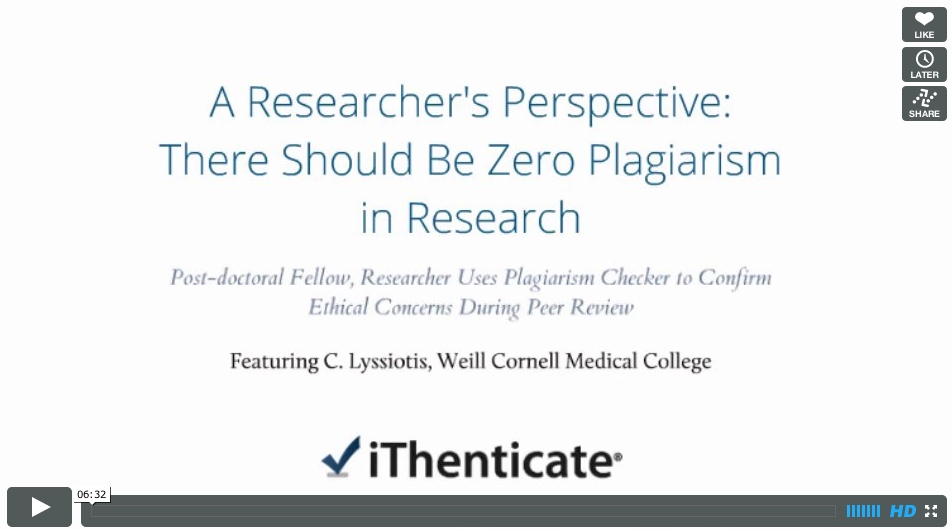Providing a complete, accurate and clear account of conducted research studies in scientific publications is an integral part of responsible research. Yet the literature is full of examples documenting inadequacy of health research reporting: non-publishing whole studies or selecting only some outcomes for publication with ‘attractive’ results; inadequately described methods and interventions preventing their assessment and replication; confusing or misleading presentation of results, data, graphs, images; or inadequate reporting of harms, which in particular can have serious consequences for patients’ safety. These and other reporting problems undermine reliability of published research and seriously limit usability of presented findings in clinical practice and further research; this decreases returns from huge financial investments into the health research and wastes involvement of human participants in such studies.
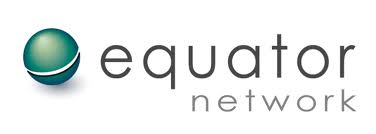 Dr. Iveta Simera, Head of Programme Development for the EQUATOR Network, recently connected with iThenticate to delve into key ethical issues in health research. The EQUATOR Network, which stands for Enhancing the QUAlity and Transparency Of health Research, and is hosted by the Centre for Statistics in Medicine at Oxford University, focuses on providing guides for editors and researchers to help improve the quality and accuracy of medical research reporting.
Dr. Iveta Simera, Head of Programme Development for the EQUATOR Network, recently connected with iThenticate to delve into key ethical issues in health research. The EQUATOR Network, which stands for Enhancing the QUAlity and Transparency Of health Research, and is hosted by the Centre for Statistics in Medicine at Oxford University, focuses on providing guides for editors and researchers to help improve the quality and accuracy of medical research reporting.
During this 20-minute interview, hosted by Jonathan Bailey from Plagiarism Today, Simera highlights ethical issues in medical research today, explores the adeptness of current extrajudicial process for addressing ethical issues, and suggests steps that journals, authors and or/editors could take to help improve the quality of reporting of medical research.


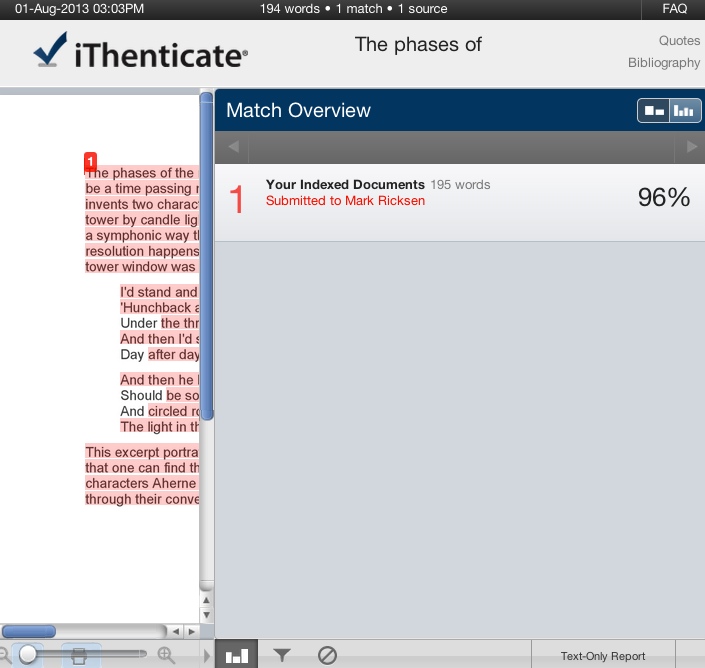
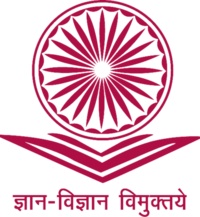
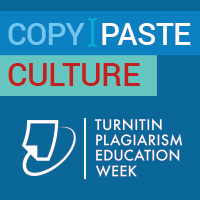




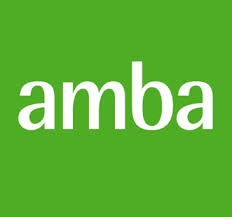
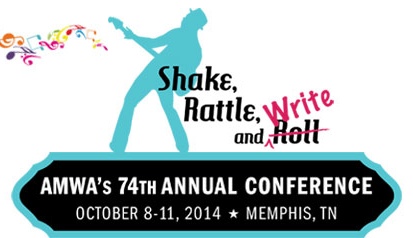
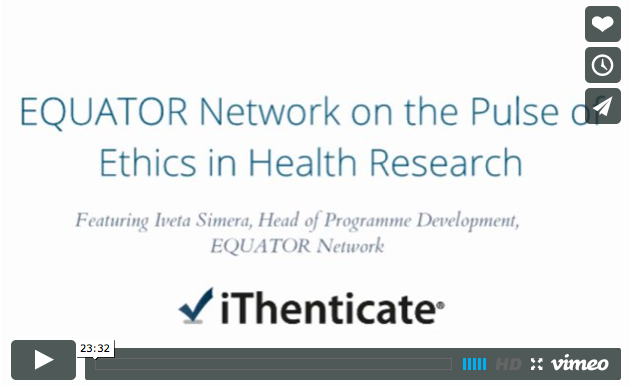

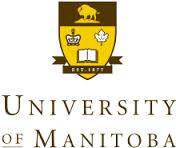
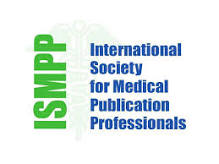

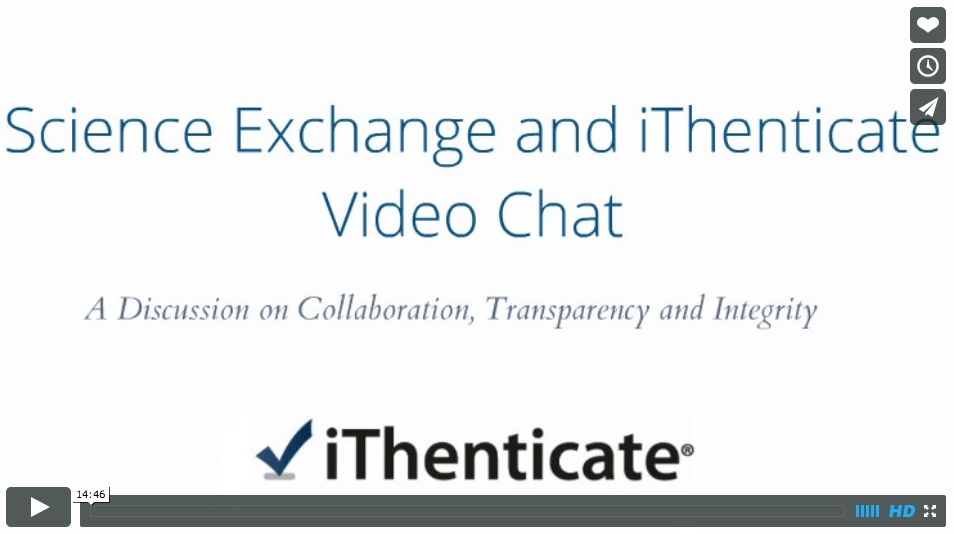
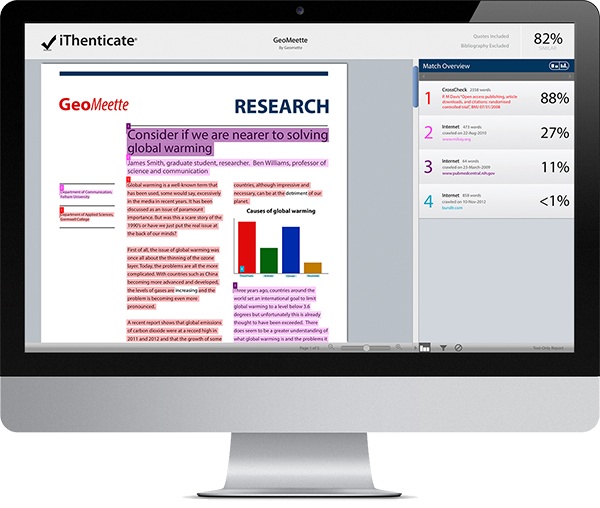
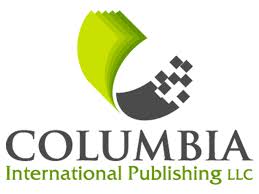
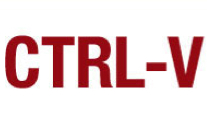

 Together the panelists provided insights that raise awareness of various plagiarism issues, offered best practices to help researchers and writers avoid plagiarism, and suggested ways for editors and journal management to prevent plagiarism. Examples mentioned during this session may be found
Together the panelists provided insights that raise awareness of various plagiarism issues, offered best practices to help researchers and writers avoid plagiarism, and suggested ways for editors and journal management to prevent plagiarism. Examples mentioned during this session may be found 